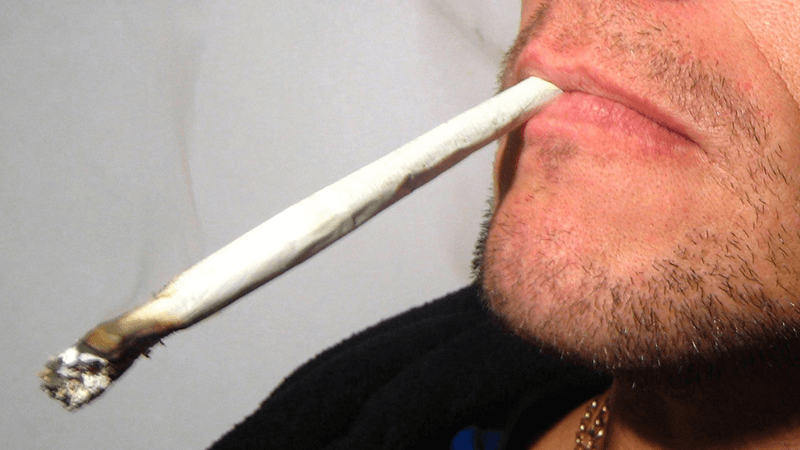A mother has warned of the dangers of skunk – a potent strain of cannabis which has destroyed the mental health of her son.
In a heart-breaking interview with The Telegraph Magazine, Josie Laurent recounted how her son Henri, a budding young photographer, fell apart after smoking skunk from the age of 15.
Henri, 24, suffers from psychosis and has now been sectioned for the third time, after disturbing changes to his personality.
Broken dreams
Josie explained how skunk use led Henry to shut himself away for 20 hours a day, stop eating, hear voices and have an imaginary girlfriend.
She said he will soon be placed in secure housing but that doctors “have no idea whether he will be able to get better, have a job, have a normal life.
“He wanted to run an advertising agency – that was his dream. There’s nothing left of his dreams now”.
Study
A 2015 study exposed the risks to mental health associated with skunk use.
The study, based in south London and published in Lancet Psychiatry, suggested that regularly smoking the drug could triple the risk of hearing voices, suffering delusions or displaying volatile behaviour.
NHS figures show hospital admissions for drug-related mental and behavioural disorders have more than doubled in the last decade, despite overall cannabis use declining.
Potency
Critics believe that skunk is to blame, as it is up to five times more potent than traditional strains of cannabis.
In the 1980s, levels of tetrahydrocannabinol (THC) – the psychoactive chemical in cannabis – were around 5 per cent.
However in skunk, THC levels are as high as 25 per cent, leading to a more powerful and longer lasting ‘high’.
‘Wrecking lives’
Earlier this year, after calls for the legalisation of cannabis, NHS psychiatrist and columnist Dr Max Pemberton said the drug should not be made legal because of its effects on mental health.
He said that it “wrecks lives” and that he was seeing an increasing number of people becoming psychotic as a result of using the drug.
He added: “People aren’t making informed decisions about the risks because few ever witness the true horrors.”

